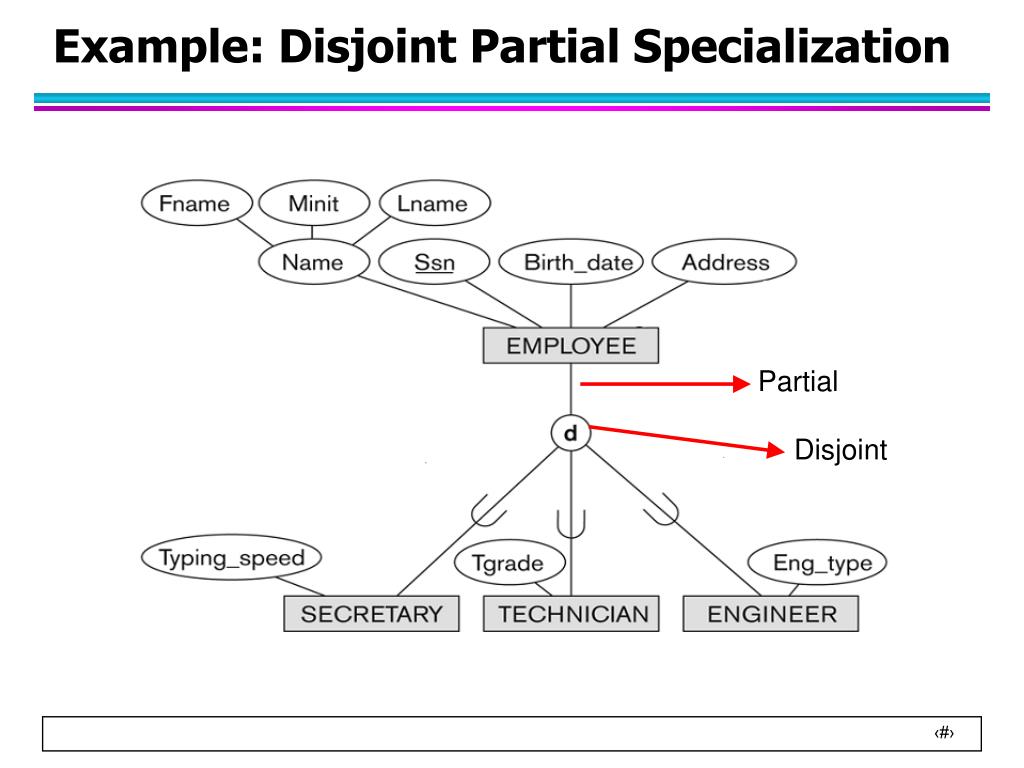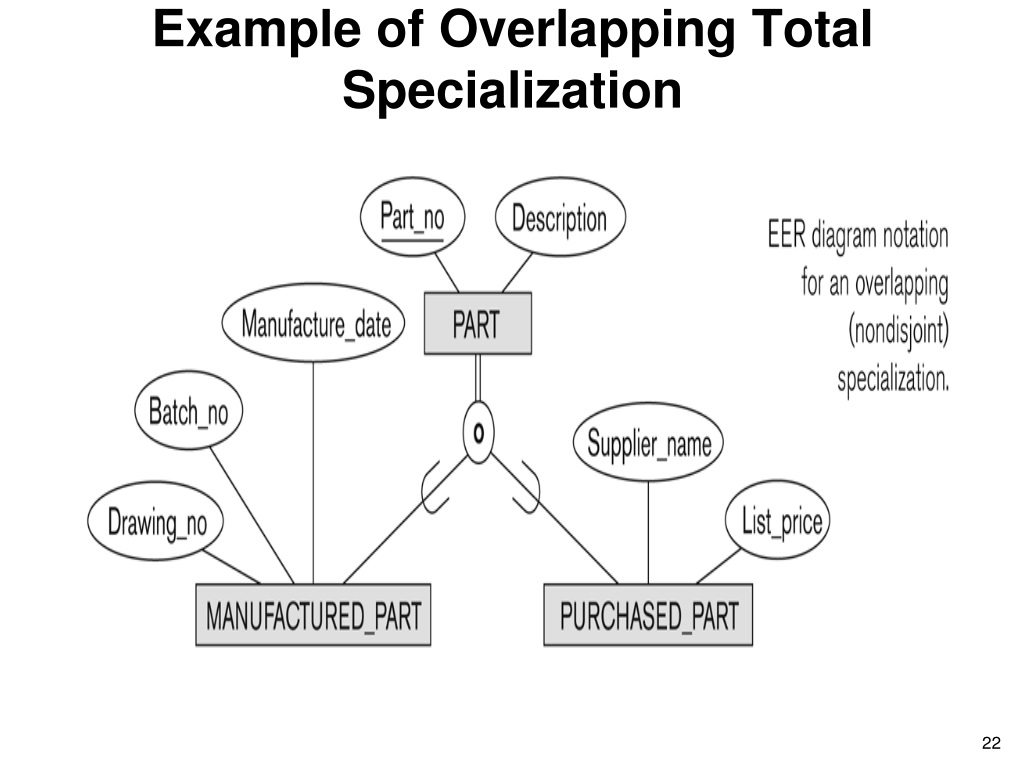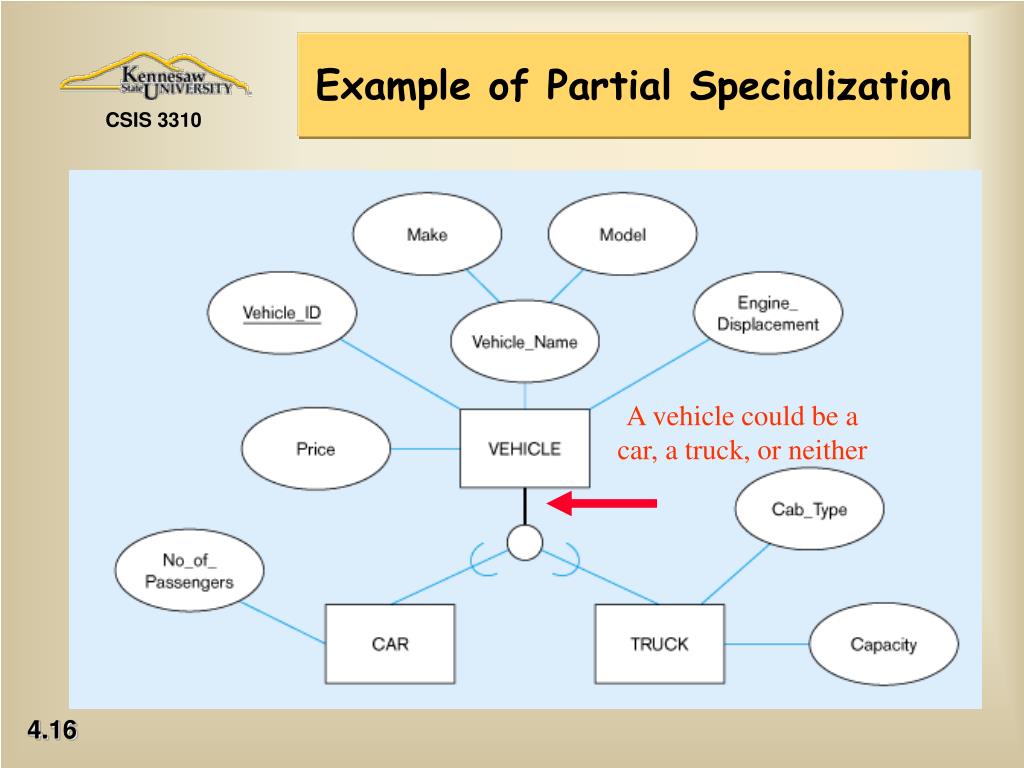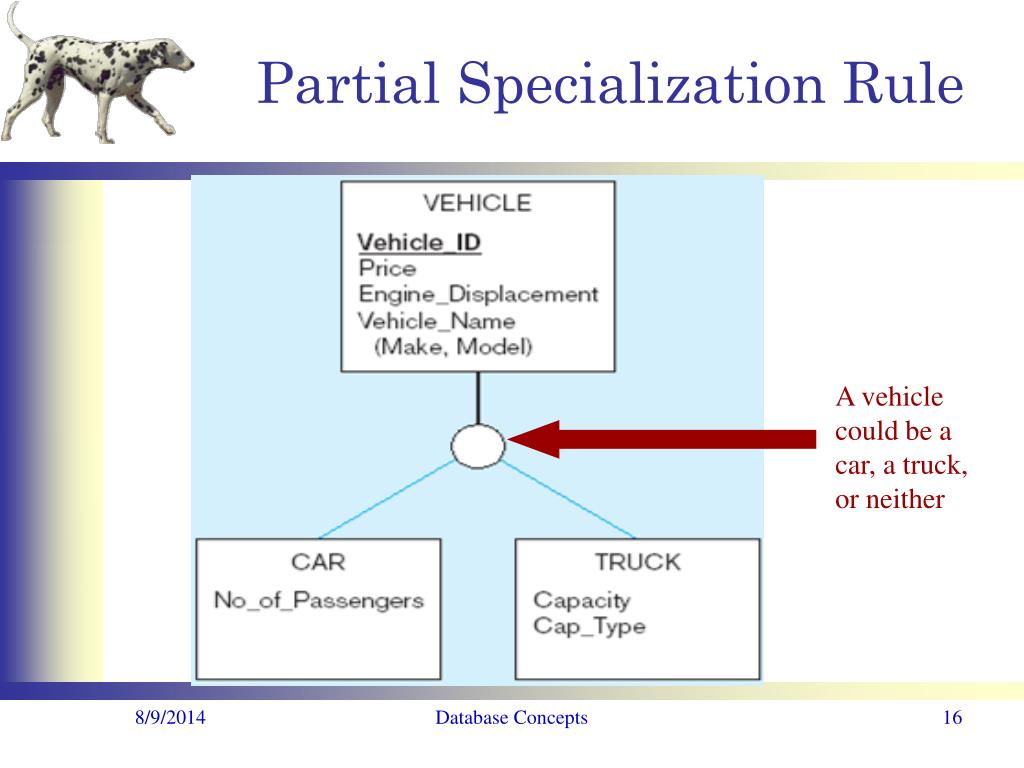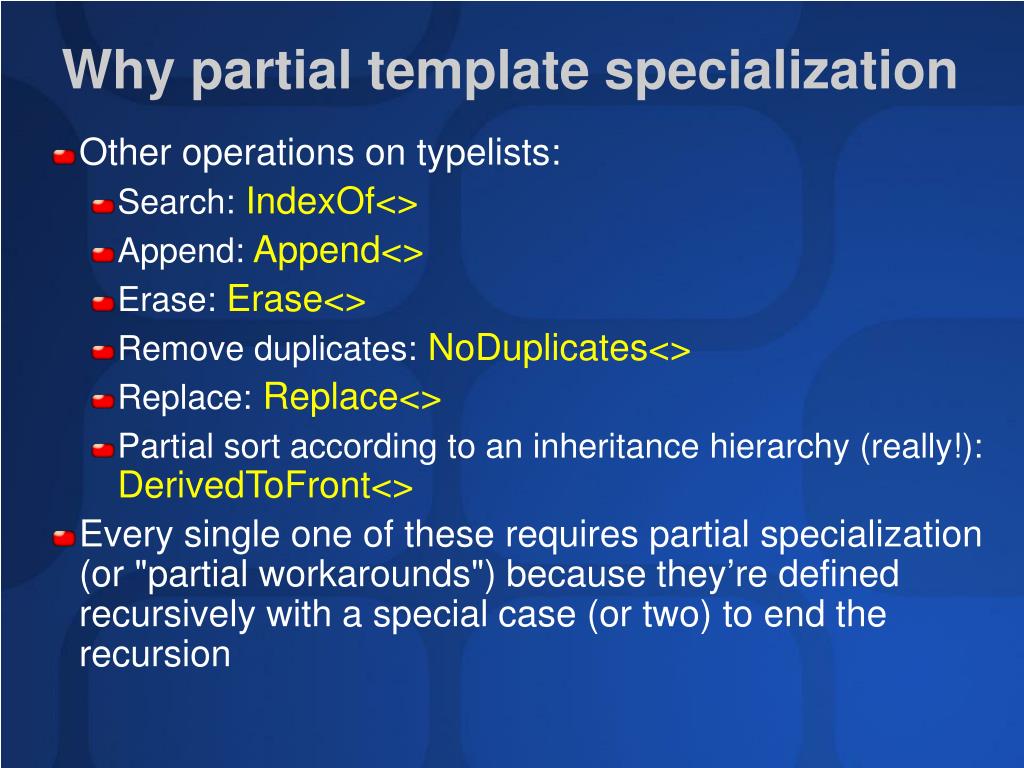Function Template Partial Specialization Is Not Allowed
Function Template Partial Specialization Is Not Allowed - Web another way is to turn the templated constant into a constant argument which the compiler can optimise away. Instead of specializing a function template, you may choose to overload it with another template or non. Web partial template specialization allows us to specialize classes (but not individual functions!) it seems that function partial template specialization is not. Web function partial specialization is not yet allowed as per the standard. Template using rotate_distance = std::integral_constant; Template struct s { t t_val; Function template partial specialization ‘test<b, t1>’ is not allowed void test<b,t1>( t1 t1 , b t2 ) **edit looks like cubbi beat me. Web its syntaxshould have looked somewhatlike below, had it been allowed: Web partial template specialization can only be used with classes, not template functions (functions must be fully specialized). Define the concept of a rotate_distance:
PPT Chapter 3 The Enhanced ER Model PowerPoint Presentation, free
Template using rotate_distance = std::integral_constant; We can make it works basically moving the template partial. Web partial template specialization is only available for template class/structs: What can do the trick here is a static function inside class. Web a function cannot be partially specialized, while a class can.
PPT CSE 480 Database Systems PowerPoint Presentation, free download
Web partial template specialization can only be used with classes, not template functions (functions must be fully specialized). Web its syntaxshould have looked somewhatlike below, had it been allowed: Web partial template specialization is only available for template class/structs: Function template partial specialization ‘test<b, t1>’ is not allowed void test<b,t1>( t1 t1 , b t2 ) **edit looks like cubbi.
PPT EER Model PowerPoint Presentation, free download ID9428151
Template using rotate_distance = std::integral_constant; Template struct s { t t_val; Web partial template specialization can only be used with classes, not template functions (functions must be fully specialized). Instead of specializing a function template, you may choose to overload it with another template or non. Web function partial specialization is not yet allowed as per the standard.
Template Partial Specialization Get Free Templates
Define the concept of a rotate_distance: Web default function argumentscannot be specified in explicit specializations of function templates, member function templates, and member functions of class. Web template<> class x { /*.*/. Partial specialization syntax 1 template <<strong>template</strong>_parameter_list> declaration_name<<strong>template</strong>_argument_list>. Web another way is to turn the templated constant into a constant argument which the compiler can optimise away.
PPT Chapter 4 The Enhanced ER Model and Business Rules PowerPoint
Web moreover, function templates don’t allow partial specialization. Define the concept of a rotate_distance: Web partial template specialization allows us to specialize classes (but not individual functions!) it seems that function partial template specialization is not. Web default function argumentscannot be specified in explicit specializations of function templates, member function templates, and member functions of class. Web a function cannot.
PPT Chapter 3 PowerPoint Presentation, free download ID3090390
Web the template <> bool validate specialization is picked by a compiler when type template parameter t from the primary template is deduced or. Template struct s { t t_val; Web another way is to turn the templated constant into a constant argument which the compiler can optimise away. Web default function argumentscannot be specified in explicit specializations of function.
C++ Partial Template Specialization
Partial specialization syntax 1 template <<strong>template</strong>_parameter_list> declaration_name<<strong>template</strong>_argument_list>. Web the template <> bool validate specialization is picked by a compiler when type template parameter t from the primary template is deduced or. Instead of specializing a function template, you may choose to overload it with another template or non. Web default function argumentscannot be specified in explicit specializations of function templates,.
C++ Partial Template Specialization
Template struct s { t t_val; Instead of specializing a function template, you may choose to overload it with another template or non. // partial specialization is not allowed by the spec, though!template inline. Define the concept of a rotate_distance: Web partial template specialization is only available for template class/structs:
C++ Partial Template Specialization
Instead of specializing a function template, you may choose to overload it with another template or non. Web a function cannot be partially specialized, while a class can. // there's no such thing as a partial. // partial specialization is not allowed by the spec, though!template inline. Web template<> class x { /*.*/.
[Solved] C++ function template partial specialization? 9to5Answer
Template using rotate_distance = std::integral_constant; Function template partial specialization ‘test<b, t1>’ is not allowed void test<b,t1>( t1 t1 , b t2 ) **edit looks like cubbi beat me. Web the template <> bool validate specialization is picked by a compiler when type template parameter t from the primary template is deduced or. Web partial template specialization allows us to specialize.
Define the concept of a rotate_distance:. Web its syntaxshould have looked somewhatlike below, had it been allowed: Web partial template specialization allows us to specialize classes (but not individual functions!) it seems that function partial template specialization is not. // partial specialization is not allowed by the spec, though!template inline. We can make it works basically moving the template partial. Web another way is to turn the templated constant into a constant argument which the compiler can optimise away. In the example, you are actually overloading & not specializing the max function. What can do the trick here is a static function inside class. Web template<> class x { /*.*/. Web a function cannot be partially specialized, while a class can. Web default function argumentscannot be specified in explicit specializations of function templates, member function templates, and member functions of class. Template using rotate_distance = std::integral_constant; Partial specialization syntax 1 template <<strong>template</strong>_parameter_list> declaration_name<<strong>template</strong>_argument_list>. Web partial template specialization is only available for template class/structs: Web function partial specialization is not yet allowed as per the standard. Function template partial specialization ‘test<b, t1>’ is not allowed void test<b,t1>( t1 t1 , b t2 ) **edit looks like cubbi beat me. Web moreover, function templates don’t allow partial specialization. Web the template <> bool validate specialization is picked by a compiler when type template parameter t from the primary template is deduced or. Instead of specializing a function template, you may choose to overload it with another template or non. Template struct s { t t_val;

